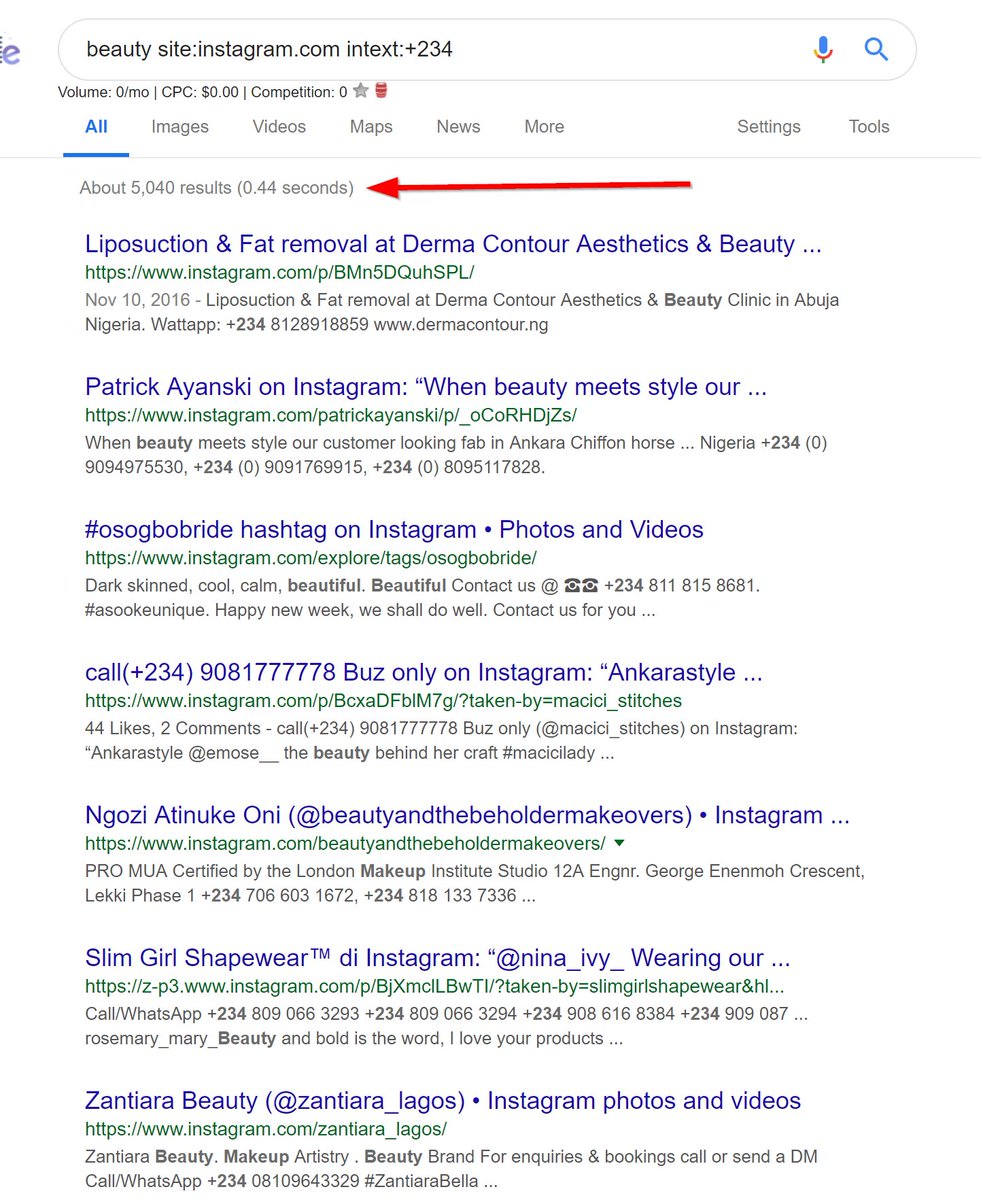I've been trying to get financially smarter and plan for the future. My findings:
The only naira denominated financial assets worth investing in Nigeria are seed capital in privately-held Nigerian businesses.
Short term rentals. E.g: What Fibre.ng does.
[THREAD]
The only naira denominated financial assets worth investing in Nigeria are seed capital in privately-held Nigerian businesses.
Short term rentals. E.g: What Fibre.ng does.
[THREAD]
Naira loses value every 4 years, but no one ever tells you that. Not even your fave.
This means that long term Naira denominated investments lose value because they're Naira denominated. E.g land, life insurance, pension, et al.
I will explain:
This means that long term Naira denominated investments lose value because they're Naira denominated. E.g land, life insurance, pension, et al.
I will explain:
A friend's mum bought 2 plots of land in Palmgrove back in 1997 for 100K.
She sold it in 2017 for 5M. Sounds like a 50X return on her initial investment? Wrong. It's a 2X return.
If she changed her money to USD on '97 and held it under her bed she would have 2.1M today.
She sold it in 2017 for 5M. Sounds like a 50X return on her initial investment? Wrong. It's a 2X return.
If she changed her money to USD on '97 and held it under her bed she would have 2.1M today.
If she invested in US denominated assets with an annual return of 13%. She would have cashed out over 10M.
Knowing this, why are you holding long term Naira denominated financial assets?
Because every financial advisor here needs you to believe your Naira is valuable.
Knowing this, why are you holding long term Naira denominated financial assets?
Because every financial advisor here needs you to believe your Naira is valuable.
Liquidate it today and put in a domicilliary account while you research where to invest it.
I am going to Namedrop @RumexxCapital. They're pretty great. I invest in US public market with them.
I am going to Namedrop @RumexxCapital. They're pretty great. I invest in US public market with them.
If you're unmarried and make above 80 - 100K in Nigeria, and do not have investments or savings you're spending above your means.
Nigeria is a poor country, do not make your future-self poorer in it. If your plan is to outearn your expenses, that's a stupid thing.
Nigeria is a poor country, do not make your future-self poorer in it. If your plan is to outearn your expenses, that's a stupid thing.
That additional earning should go into building a solid future for yourself.
Here's how to split your finance.
1. Build up emergency funds (rent, fixing your car, vacations if you've more than enough)
2. Build up Investment fund (denominated in USD)
3. Build up savings fund.
Here's how to split your finance.
1. Build up emergency funds (rent, fixing your car, vacations if you've more than enough)
2. Build up Investment fund (denominated in USD)
3. Build up savings fund.
If you invested $100 every month in US denominated assets every year for with an annual return rate of 10%, you'll be a dollar millionaire in 40 years.
Start putting away $100 every month. If you think you do not have $100 to put aside, examine your spending habits.
Start putting away $100 every month. If you think you do not have $100 to put aside, examine your spending habits.
Lastly, never disturb your long term investments. That's what emergency funds are for.
If you're having troubles wrapping your head around long term planning, here's @morganhousel to make you smarter.
https://twitter.com/morganhousel/status/1050445942044971014?s=19
P.s: If you're interested in holding Naira denominated assets that appreciate as the economy gets worse, I recommend you try farmright.co.
Full disclaimer: I have family ties with the owner.
See full announcement here:
Full disclaimer: I have family ties with the owner.
See full announcement here:
https://twitter.com/yemi_uc/status/1048649490222211077?s=19
• • •
Missing some Tweet in this thread? You can try to
force a refresh





